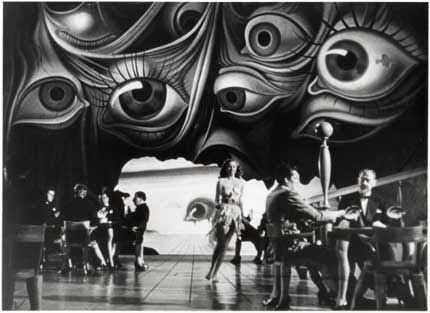The judgement, and the whole while thought it very strange and was more reflective of the judge's biases than of any of the evidence cited in the decision.
Rape is a terrible crime and I hope the defendant is guilty if he was convicted. But based on the evidence, as she wrote, there's no way of telling whether the accuser or the defendant is telling the truth (or at least being the more truthful of the two) without accepting the principle that the defendant in a sexual assault case is guilty until proved innocent.
The judge also made repeated, contemptuous references to the defendant's having a string of relationships, of which the accuser was one, and how he was anxious to have a threesome. The judge's comments on them bordered on prurience and seemed both bizarre and inappropriate for a legal judgement. It made it seem he was biased against the defendant for his prior sexual history, none of which involved any sexual assault, and was being convicted on that basis.
There are unfortunate similarities between this and the Ghomeshi case in that one wants to sympathize with the victim, but we also don't want a legal system in which a person can be found guilty and imprisoned simply on the basis of an accusation that has no supporting evidence. It seems in many ways, the judge was setting out to try to make a statement about the Ghomeshi case more than the one he was trying.
You can read the full decision HERE.
Last week York University PhD candidate Mustafa Ururyar was convicted of sexually assaulting grad student Mandi Gray. My curiosity piqued by reports of comments made during trial by Justice Marvin Zuker, I read the 179-page judgment.
The specifics of the incident — an evening of social drinking, a quarrel en route to Ururyar’s home, his break-up of their two-week casual “relationship,” followed by sex he says was consensual, she says wasn’t — can be found in the transcript. There were no witnesses and no injuries. This left us with a he-said, she-said story in a judge-alone trial.
In the end, Zuker found that Gray was “the credible witness” and there was “no uncertainty in this court. Ms Gray was raped by the accused.” In Zuker’s opinion, then, the defence failed to raise a “reasonable doubt,” which in criminal law, as he notes, “is not a far-fetched or frivolous doubt. It is not a doubt based on sympathy or prejudice. It is a doubt based on reason and common sense. It is a doubt that logically arises from the evidence, or the lack of evidence.”
Zuker’s absolute certainty puzzles me, for whatever the truth is, I – someone with “reason and common sense” — found Ururyar’s account no less (or more) credible than Gray’s. Now it is not unusual for two witnesses, one lying and one not, to produce credible stories. But to quell my own reasonable doubt as to an accused’s guilt, I would not only have to find the accuser’s story more credible, I’d have to find the defence implausible. Ururyar’s story may not be true, but it is indeed entirely plausible...

No comments:
Post a Comment